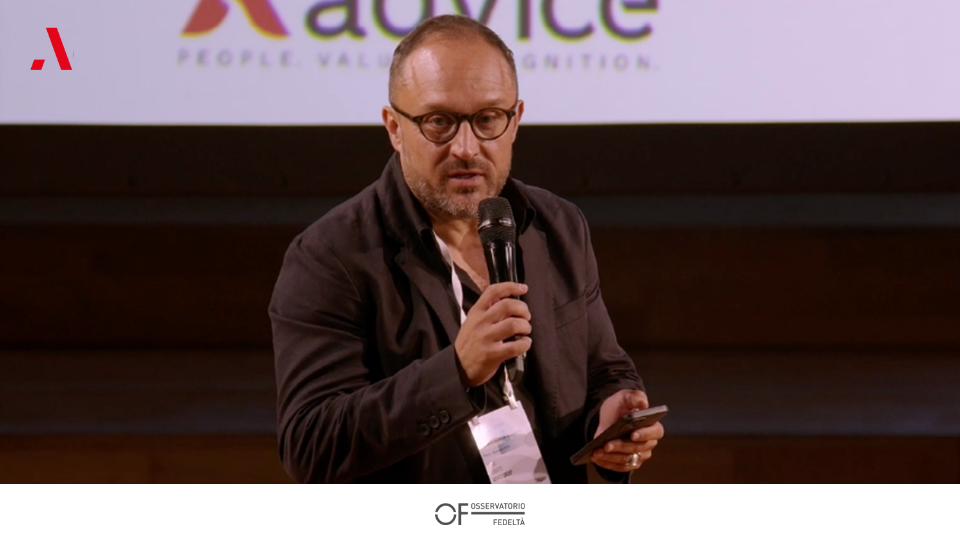Have clubs learned to put fans first?
The ban on sports competitions and the reopening of empty stadiums has led to a wild rush for clubs to digitalize their relationship with fans - often without a real strategy to leverage it with a data-monetization perspective.

The impact of Covid-19 in the sports world has revealed the scarcity of clubs’ fan engagement strategies. As their main revenue streams failed, either partially with TV rights and related sponsorship deals, or entirely, like match ticket sales, clubs were forced to review their relationship and interaction strategy, searching for innovative digital solutions to keep in touch with their audience.
Therefore, many clubs have invested in opening up new channels to interact with their fans: from apps to e-commerce, via new social networks like Tik Tok. They have also begun to evaluate digital engagement activities beyond matchday, suddenly discovering that their fans are active 24/7. This awareness has led to a scramble for new tools, without a clear strategy including fans at the center in a value-based way.
Take the several apps in which many clubs have recently invested. Tools with impeccable UX and sometimes integrated e-shops often turn out to be mere duplicates of the official websites, lacking any strategy for continuous and challenging interactions with fans.
So what is missing to build a real fan engagement strategy?
An ongoing fan engagement strategy can only be based on structured gamification paths integrated between the various club's touchpoints. Even supposedly tactical activities such as contests, rewards, quizzes, surveys or the use of personalized social filters, if included in a data-driven strategy, are decisive in creating a two-way relationship with fans.
This strategy must be supported by technology able to map and analyze the user’s digital behavior, in order to provide them with tailored customer journeys, targeted one-to-one communication, exclusive shop deals, new content, unexpected benefits, etc. In other words, a strategy aimed at creating an ecosystem in which individual fans feel at the center of the club's focus.
This kind of approach allows access to real-time analysis and cluster identity based on user habits and their behavior during daily team interactions. Going beyond social-demographic profiling and purely transactional information, either linked to event tickets or merchandising, means facilitating the construction of targeted marketing strategies for the benefit of the fan and providing the chance to involve sponsors and third parties in a deeper and more valuable way, thanks to careful understanding and analysis of the data.
Fan monetization strategies are now a must: clubs can no longer afford to ignore the dynamics that would allow them to engage the younger generations, less and less interested in sports in the traditional sense and much more drawn to the world of e-games.
If digital channels are just a nice showcase to show off successes without creating active fan participation, it will be increasingly difficult to grab their attention and challenge other competitors, who have already implemented strategies to engage new generations of fans.
In 2019 Liverpool CEO Peter Moore stated that, in his point of view, their most dangerous opponent was not Guardiola's Manchester City, but Fortnite, the video game. Why? Football and video games are both competing for young people's time and attention.












